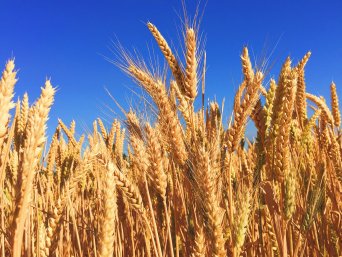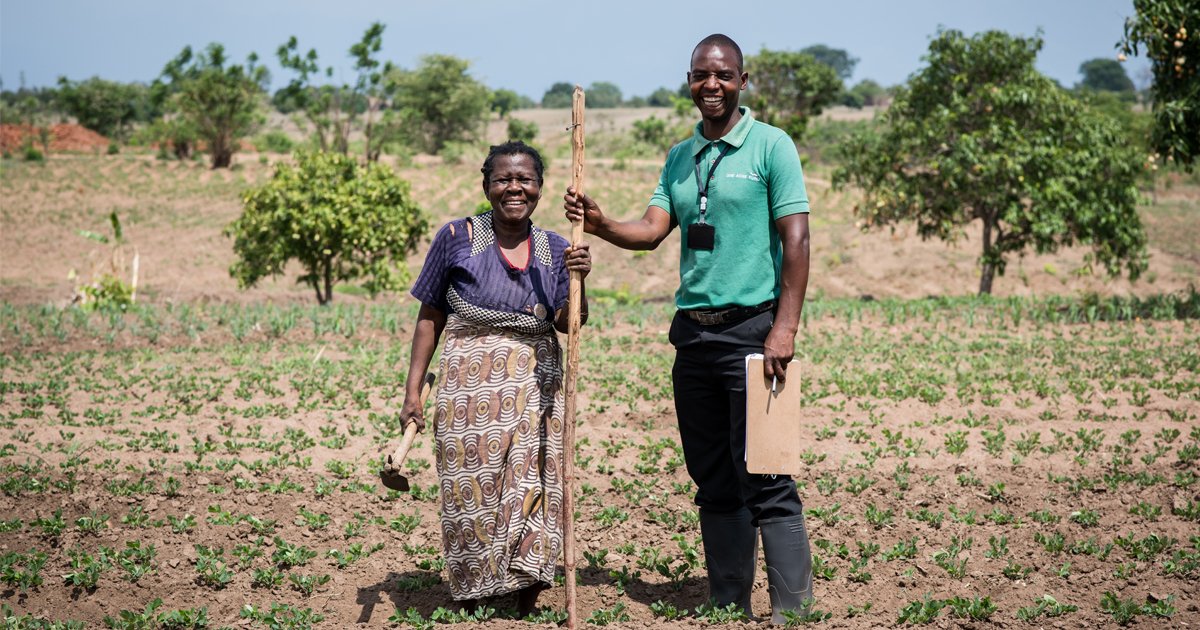- About
- Topics
- Picks
- Audio
- Story
- In-Depth
- Opinion
- News
- Donate
- Signup for our newsletterOur Editors' Best Picks.Send
Read, Debate: Engage.
| topic: | Food Security |
|---|---|
| located: | Indonesia, Ukraine, Russia |
| editor: | Leo Galuh |
Russia’s invasion of Ukraine has sparked a dreary forecast for the world food supply, showing the weaknesses in our food chains and engendering a possible global food crisis in 2023. Especially struck are the markets for staple crops, such as wheat and maize, and Indonesia, the archipelago country in Southeast Asia, has also had to contend with this shortage.
Indonesia imported about $919 million of wheat from Ukraine in 2021, according to the United Nations database. Some Indonesian companies like Indofood, for example, imported Ukrainian wheat as a primary material to produce instant noodles, which they then exported to many countries.
Despite Indonesia’s demonstrations of action to address the food security issue, it is doubtful that they will show results. In mid-2022, President Widodo travelled to Russia and Ukraine to act as a peacemaker and also to address the global food crisis, according to Reuters.
Moreover, as Indonesia is the host for G20 this year on Bali island, the country’s Finance Minister Sri Mulyani urged ministers to develop a concrete plan to resolve the global hunger threat caused by the Russian invasion.
Meanwhile, the country has also sought to diversify its staple consumption. Indonesians are well-known for their reliance on rice, especially those who live in the Western islands. The country’s statistics agency said that the total production of rice in 2021 was 31.3 million tonnes. There are also more options in the country, such as potato, sago, fish, cassava, sweet potato, corn, and barley. The eastern areas such as Ambon Island, East Nusa Tenggara, some parts of Sulawesi island, and Papua consume Papeda – a local cuisine made from sago.
This shows that Indonesia has options to tackle this food problem, at least domestically. The Indonesian government has the ability to feed its people without relying on Ukrainian imported wheat. Moreover, we cannot neglect that Indonesians prefer to consume instant noodles instead of wheat bread. The country’s demand for instant noodles reached 13.27bn servings in the last year of 2021. Indofood’s instant noodles offer affordable prices for many people in the country, particularly for low-income people.
Furthermore, the Indonesian government has planned a so-called ‘Food Estate’ program to tackle the food crisis. It is an integrated development plan between agriculture, plantations, and livestock in an area. This program has been developed by the government in several provinces, including North Sumatra, South Sumatra, Central Kalimantan, and East Nusa Tenggara, according to the state secretary announcement in February 2022.
Meanwhile, President Widodo instructed his ministries to establish a 2024 roadmap for sorghum production. The Indonesian government has said that they are planning to plant sorghum in 15,000 hectares this year and will increase to 154,000 hectares by 2024.
Photo by Melissa Askew

